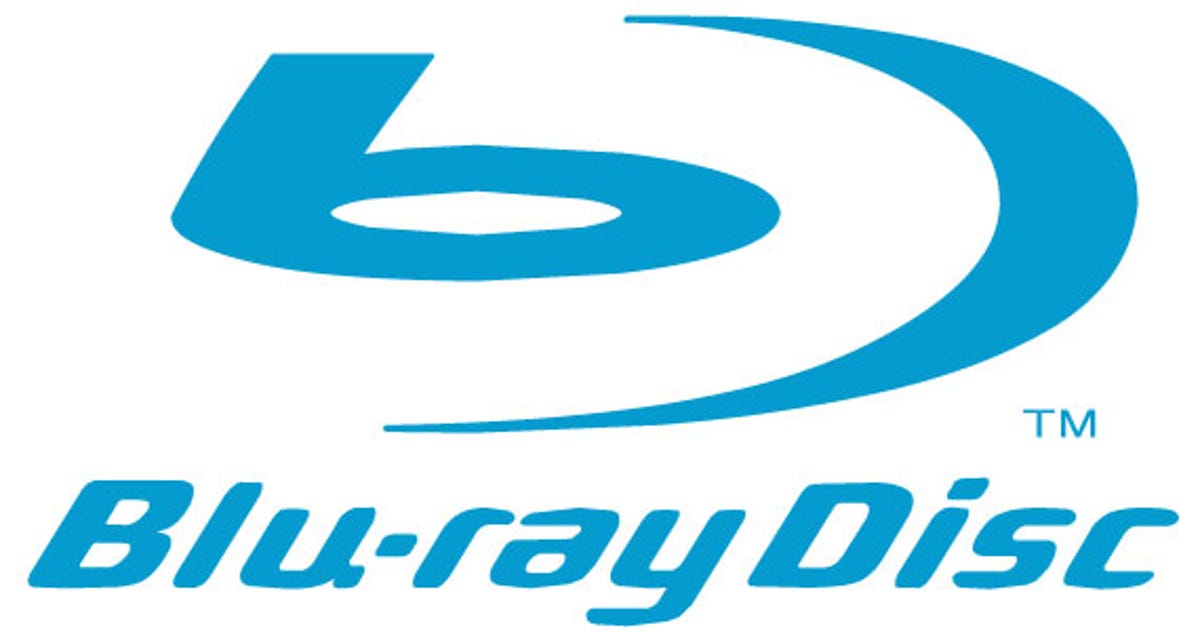
With the ‘shock‘ announcement yesterday that Toshiba would be supporting Blu-ray with its own hardware this year, we sought some chatting time with the company’s very own Olivier van Wynedaele. A senior executive at Toshiba Europe, he’s involved with optical storage and we’ve spoken to him before about Toshiba’s DVD upscalers and HD DVD players. He’s certainly a chap who knows his stuff when it comes to optical formats.
Some people have had a bit of a pop at Toshiba since it announced the end of HD DVD 18 months ago. There are some who think the company should have hopped straight on the Blu-ray wagon. Others think it’s a massive climbdown for the company to be producing Blu-ray hardware now. The fact is, when it launched, HD DVD was a completed format. Blu-ray, on the other hand, was not, and it’s only now that we’re at the final profile (2.0) that Toshiba is prepared to get involved.
“If we were to make a move [on] optical discs,” van Wynedaele told us, “we’d have to back Blu-ray, obviously. We did research and although it’s [Blu-ray] a minor part of the market, it’s reached the point where we should consider it.”
We asked van Wynedaele why Toshiba was joining the Blu-ray Disc Association (BDA) now, and why it has decided to start making its own hardware. It’s not surprising to hear that the answer is simply that Blu-ray is currently the only optical storage format capable of storing large amounts of computer data or HD video. That means if Toshiba wants to serve both computers and home cinema properly, it has to adopt an HD format.
In computing, Blu-ray makes for an excellent storage medium — indeed, far better than HD DVD would have been, because BD was designed as a data-storage format first, and a video disc system second. In home cinema, HD is crucial — without a Blu-ray player, Toshiba has nothing to bundle with its TVs, so it’s essentially selling other company’s players unless it produces one of its own.
What did become very clear is that Toshiba’s attitude to the format hasn’t really changed. It accepts Blu-ray is the consumer’s format of choice and it respects that, van Wynedaele said, but it still believes as a company that there are other solutions to HD video on the horizon. The company’s SD card research, for example, will ultimately yield storage so cheap it could eventually replace disc formats. Downloads too have massive potential, and with companies such as Microsoft behind video downloads, it won’t be long before we start to see that market take shape.
So will Toshiba’s experience with HD DVD help it with Blu-ray? According to van Wynedaele, the understanding that came from creating a new disc format would be essential, but there was no existing production line that could be re-tooled for producing Blu-ray players. Basically, Toshiba is starting from scratch here, and we aren’t suddenly going to see the old chassis appearing with HD DVD crossed out and Blu-ray scribbled on with a blue felt-tip. “We won’t be using anything from the HD DVD side of things, apart from knowledge of video compression and Internet technology that we learned from during the creation of HD DVD,” van Wynedaele said.
What sort of hardware will Toshiba be producing? Its HD DVD players were always top-notch DVD players too, far better than most of the Blu-ray players on the market at the time — indeed, we’re still using HD DVD players for upscaled DVD playback, with wonderful results. Van Wynedaele told us its Blu-ray player strategy would be that, “We are not trying to be the ‘dealbreaker’, but bringing a product to the consumer at an affordable price — it’s something we’ve been known for.”
He wouldn’t be drawn, however, on when a Toshiba Blu-ray player would be announced, or shown in public. We have a theory though that there will be something at IFA, next month’s European technology showcase. We’ll be covering that in full, so keep your sight-spheres on CNET UK for the latest news.




